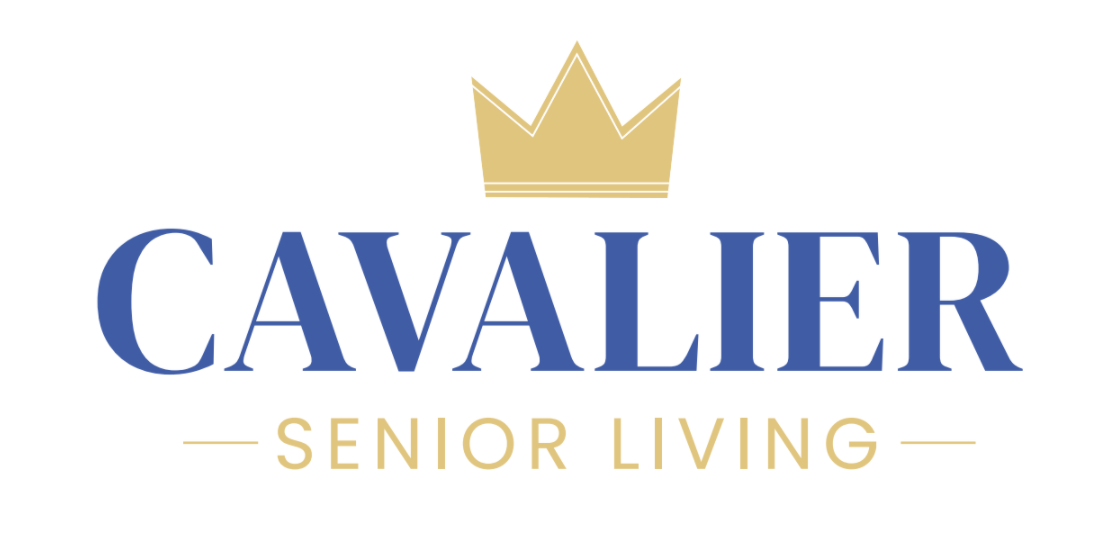“Independence is key for senior adults.”
Today’s senior adults value their independence more than any other generation in America. They feel that they need to be responsible for themselves and not a burden on others, especially their families. In this way, seniors feel a sense of duty to take care of themselves and remain independent.
Threats to Senior Independence
Poor Nutrition
Poor nutrition is much more common in senior adults affecting 20-50%. Causes of poor nutrition can include side effects of medications, dental or denture issues, financial issues, or physical limitations. Additionally, cooking can become too much trouble and a decline in sense of smell and taste makes eating more a chore than a pleasure. Symptoms of poor nutrition might be disorientation, increased forgetfulness, lightheadedness, lack of energy, or weight loss.
To help combat poor nutrition:
- make sure to eat at at least three meals a day, or you may eat 4-5 smaller meals rather than 3 large meals
- Don’t eat empty calorie snacks; eat snacks high in protein
- Weigh at least once monthly, weekly if losing weight
- See your MD to see if any medications could be causing lack of appetite
- Visit senior centers, sign up for meals on wheels or other meal support programs
Weight Loss
15-20% of senior adults lose weight. Senior adults who lost 5% of their total body weight are 4 times more likely to develop serious health problems or die within 6 months of weight loss. Senior adults who lost 5% of their total body weight are 80% more likely to fall, resulting in hip or other fracture, or brain bleed. Some common causes of weight loss in senior adults include cardiac problems, gastrointestinal problems, depression, or medication side effects.
Tips to fight weight loss:
- high protein snacks
- small frequent meals
- nutritional supplements
- see MD to evaluate medications as cause
- appetite stimulant
- Weigh every week, same time each time
- report continued weight loss to MD
Medication Noncompliance
Not taking medications correctly affects 30-60% of all senior adults. Causes can include financial issues, insurance doesn’t cover medications, confusion over directions, multiple MD’s prescribing medications, or general memory loss. This can lead to hospitalization due to worsening medical problems, falls, fractures, or hospitalizations due to medication overdose.
Some useful tactics to combat medication noncompliance include:
- Take a list of all medications to the MD each visit
- Have MD review list of all medications before prescribing new meds
- Use the same pharmacy for all prescriptions
- Use medication set up systems and have a friend or relative set up meds
- Call 911 immediately if taking too much of any one medication
Falls
One in three senior adults in America falls every year. In senior adults, falls are the leading cause for both fatal and non fatal injuries. Of those who fall, 30% will suffer serious injuries, such as hip fractures, and traumatic brain injuries. 95% of all hip fractures are caused by falls. Once a senior adult falls, the fear of another fall will limit mobility and activity level.
Ways to prevent falls:
- Maintain weight, weight loss leads to falls
- Exercise, even chair exercises helps maintain muscle mass
- Have eyes checked, wear glasses if needed
- Have MD check all medications and try to limit those which may cause dizziness
- Wear well fitting shoes, remove area rugs
- Keep all pathways in home clear of obstacles
- Use assistive devices (walker, cane) when ordered by MD

